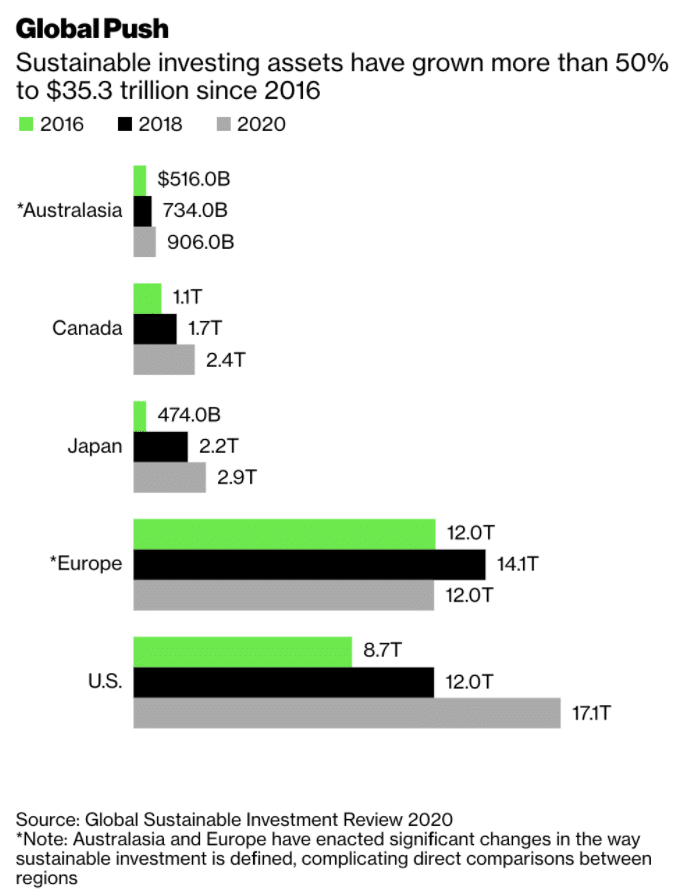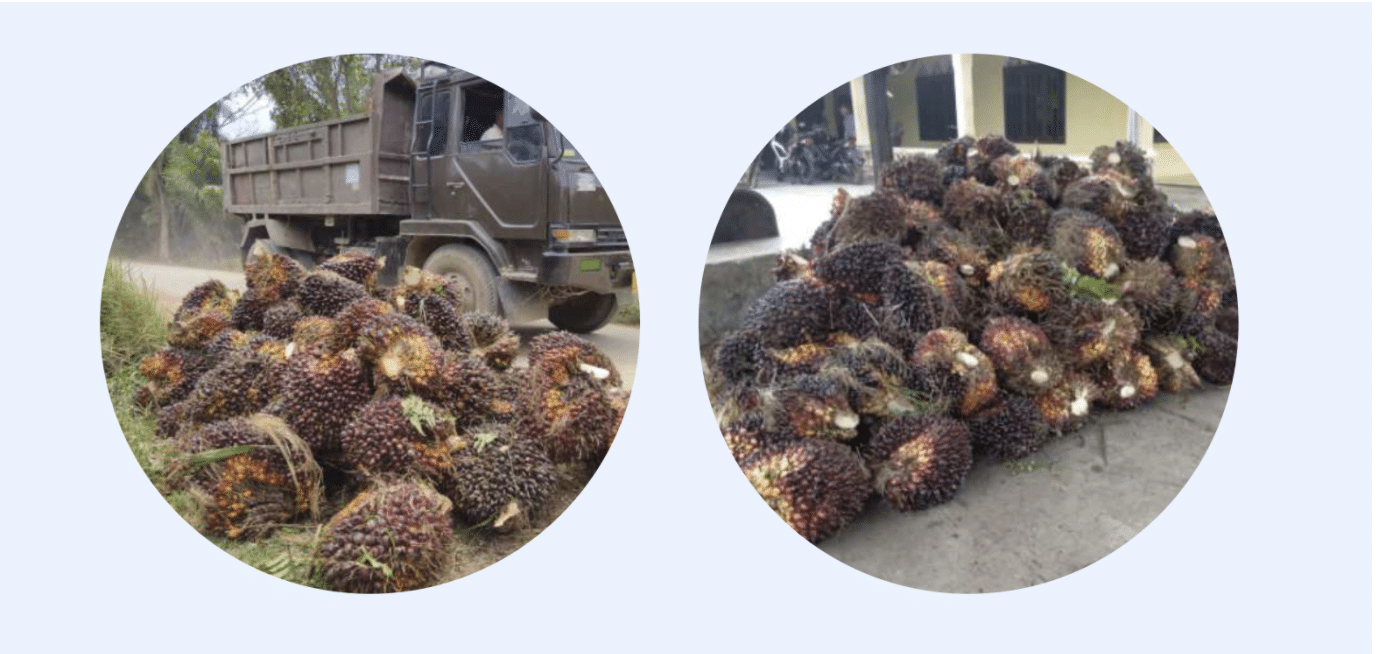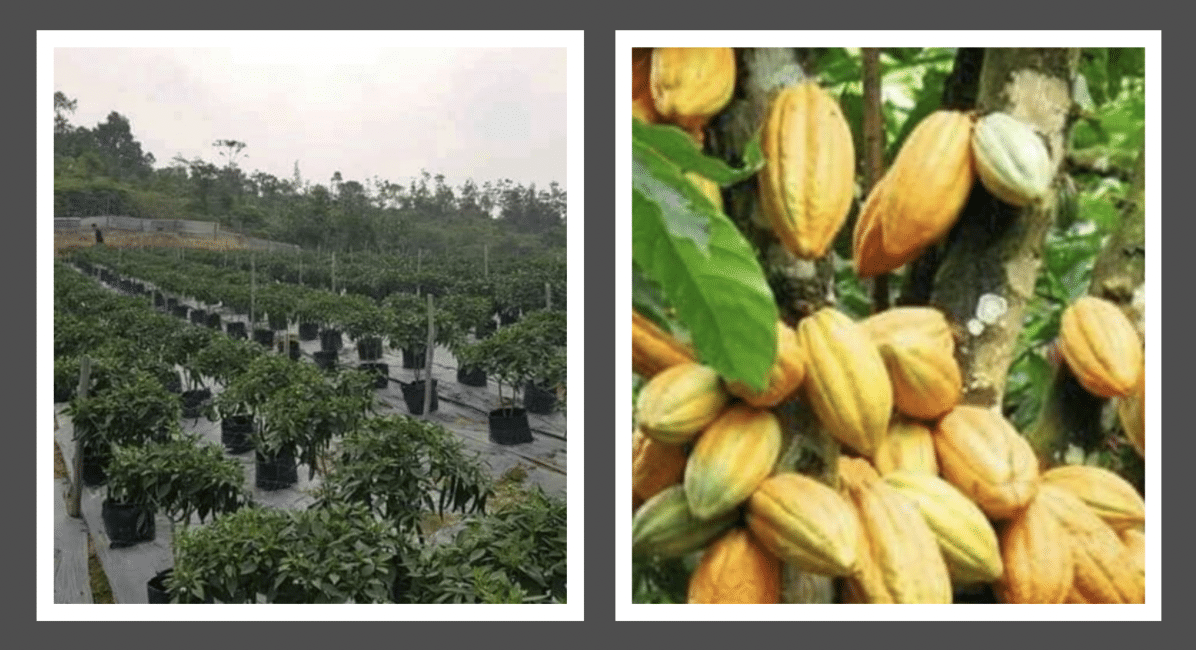The universal appeal of Green
It is difficult to deny the stress that 7 billion plus humans are placing on our planet. Compounding the challenges that come with so many people, rising affluence in big economies is accelerating the need for ever more products. More packaging. More stuff that has to be moved from one place to another. More trash. More raw materials.
Consumers, the lifeblood of the global economy, are increasingly becoming concerned that our collective consumption is creating environmental and human rights abuses where raw materials are sourced. We increasingly understand the impact of the energy required to produce and transport these products has an impact on the environment. And we increasingly realize that we are not effectively disposing of everything that we create.
Research from Ernst and Young and from McKinsey support the argument that this matters to consumers and will affect their brand choices, including a willingness to pay more for products that don’t harm the world. Investors are shifting dollars aggressively into ESG (Environmental, Sustainable, Governance) funds, which now represent $35 trillion in assets under management.

Sizzle yields to substance
Because ESG issues are so important to consumers and investors, brands and asset managers have capitalized, touting their ESG bonafides. In some cases, though, these claims have proven to be only ‘label deep’, unsupported by changed practices, commonly referred to as ‘greenwashing.’ The practice of greenwashing, though distorts the market, compelling consumers to pay a premium for products that they believe are better for the world.
Recently, though, regulatory bodies across the world are taking on greenwashing, treating it as a form of fraud. In the US, the Securities and Exchange Commission established a task force to investigate claims into companies’ sustainability claims.
More recently, we are finding that brands are not immune to regulation preventing greenwashing. Just this week, Britain’s Competition and Markets Authority (CMA) warned businesses that were ‘falsely taking credit for being green’ that they had until the end of the year to stop doing so. CMA’s CEO warned that greenwashing could constitute a kind of fraud that they intend to regulate as such because consumers often pay more for green products because of their perception of environmental or social-friendly practices.
If regulators get their way – and they increasingly are on matters of ESG – brands will have to limit their ESG boasting to the realm of the substantive.
Brand claims to environmental and social responsibility will need to be substantive and prove-able, is what they’ll aspire to. But this is easier said than done. Manufacturers have made significant strides in past decades to monitor labor practices at manufacturing facilities across their global supply chains. Far more elusive for manufacturers, though, is monitoring environmental and labor practices earlier in the supply chain – at the point of raw material extraction. Given the remote locations where much of the world’s raw materials come from, many manufacturers simply could not track their supply chains to their roots without an army of private investigators.
Crowdsourced accountability
However, another global trend, crowdsourcing, is gaining global momentum. When we think of crowdsourcing, we tend to think of a crowd closer to home, picking and delivering our groceries, driving us from point A to point B, and bringing meals to our doorstep. But the growing prevalence of smartphones (with approximately 3+ billion smartphone users globally) is increasingly empowering people with smartphones in the most remote parts of the world to cash-in on the gig economy.
At Premise, we’ve built a crowdsourced data collection platform that allows people (we call them Contributors) around the world to make money by gathering data on behalf of our clients. Premise’s app offers a global task marketplace to 3 million people across more than 120 countries in 37 languages. Our Contributors monitor aisle end caps to ensure compliance with brands’ expectations across global markets. They verify the presence (or absence) of road construction points for mapping companies. They mystery shop restaurants and retailers.
Increasingly, though, global brands are using Premise’s Contributor network to help them better understand the landscape where the materials that compose their products originate.
One manufacturer client, for example, is using Premise Contributors in Indonesia to map the origin points of palm fruit collection sites. Palm fruit, for those unfamiliar, is a critical ingredient in food and personal care products, but has been associated with dubious environmental practices. In the past, this brand couldn’t have effectively understood the palm fruit harvesting ecosystem well enough to do anything about it. Today, Premise’s crowd is mapping the tentacles of its supply chain, allowing the manufacturer to more effectively influence those that cultivate palm fruit.
The images below capture a few of the hundreds of Palm Oil collection sites that Premise Contributors identified, mapped, and photographed for its client in Sumatra, Indonesia.

Another client – a manufacturer of chocolate, dependent upon cocoa from a particular region within Africa – uses Premise Contributors to track regional labor conditions in an effort to identify instances of forced labor. The photos below were collected by a Premise Contributor in Cote d’Ivoire, in Western Africa.

In these examples, and beyond, global manufacturers are taking a far greater level of accountability for their impact on the world, and its people. It isn’t for us to dictate what companies should be doing. But we are proud to be able to allow companies that want to lead on ESG matters to be able to do so effectively in ways that would have been impossible before the advent of crowdsourcing.
Join us!
Given Premise’s heritage supporting global International Development Agencies, we are excited to be a part of corporations’ substantive efforts to become better global citizens.
If you’re a manufacturer looking to better understand the roots of your supply chain, or an investor looking to enhance your due diligence efforts, drop me a line at [email protected]. We’d love to talk with you.
Premise is a crowdsourced insights company. We combine advanced machine learning with a global community of gig-workers to source actionable data faster, cost-effectively, and with the visibility you need. In more than 125 countries and 37 languages, we find Data for Every Decision™. To know more, visit www.premise.com